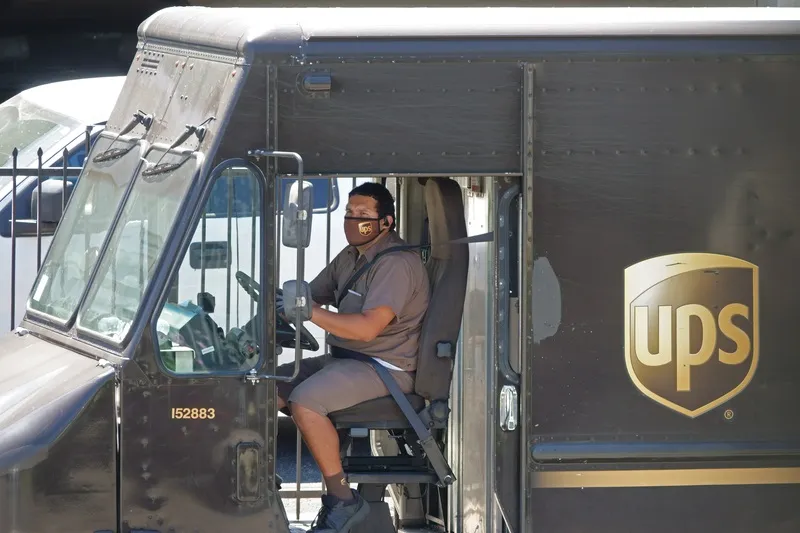Public utility company Parking Servis in Belgrade, Serbia, has introduced a wireless parking solution to enable motorists to quickly find vacant parking spots, utilising Nedap’s Sensit system, in an effort to combat congestion caused by a growing number of vehicles and a limited number of parking spaces.
Over 3,500 parking spaces within time-restricted parking zones will be equipped with Sensit wireless bay-mounted sensors that detect vehicle occupancy status and the parking duration of individual parkin
June 2, 2016
Read time: 1 min
Public utility company Parking Servis in Belgrade, Serbia, has introduced a wireless parking solution to enable motorists to quickly find vacant parking spots, utilising 3838 Nedap’s Sensit system, in an effort to combat congestion caused by a growing number of vehicles and a limited number of parking spaces.
Over 3,500 parking spaces within time-restricted parking zones will be equipped with Sensit wireless bay-mounted sensors that detect vehicle occupancy status and the parking duration of individual parking spaces, while dynamic signs on the streets display the real time parking availability.
Drivers can pay for parking via a mobile phone; when Sensit is integrated with the city’s central parking software, drivers will be able to access a smartphone app that provides navigation to the nearest available parking space. Data from the sensors enables Parking Servis to monitor parking usage and plan for current and future parking needs.
Over 3,500 parking spaces within time-restricted parking zones will be equipped with Sensit wireless bay-mounted sensors that detect vehicle occupancy status and the parking duration of individual parking spaces, while dynamic signs on the streets display the real time parking availability.
Drivers can pay for parking via a mobile phone; when Sensit is integrated with the city’s central parking software, drivers will be able to access a smartphone app that provides navigation to the nearest available parking space. Data from the sensors enables Parking Servis to monitor parking usage and plan for current and future parking needs.










